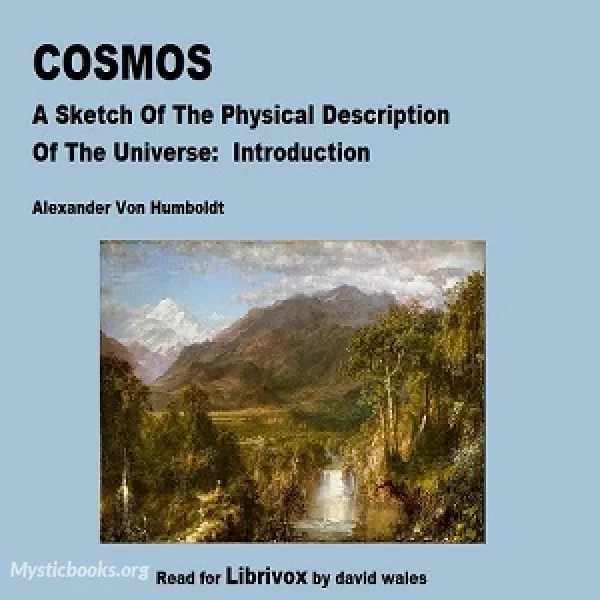
Cosmos: A Sketch of a Physical Description of The Universe: Introduction
'Cosmos: A Sketch of a Physical Description of The Universe: Introduction' Summary
In the realm of scientific literature, few names evoke such enduring fascination as Alexander von Humboldt, the renowned naturalist, explorer, and polymath. His groundbreaking work, "Cosmos: A Sketch of a Physical Description of The Universe," stands as a testament to his insatiable curiosity, his profound understanding of the natural world, and his ability to communicate complex scientific concepts in an engaging and accessible manner.
Humboldt's "Cosmos" is not merely a textbook or a collection of scientific data; it is an invitation to embark on an intellectual odyssey, traversing the vast expanse of time and space, from the origins of the universe to the intricacies of life on Earth and beyond. With Humboldt as our guide, we venture into a realm of awe-inspiring beauty and profound mystery, where the celestial bodies that adorn the night sky hold secrets waiting to be unlocked.
Humboldt's passion for scientific exploration is evident throughout his work. He delves into the formation of stars and planets, the evolution of life, and the interconnectedness of all things in the universe. He seamlessly intertwines scientific discoveries with philosophical insights, personal anecdotes, and historical accounts, creating a narrative that is both informative and captivating.
Humboldt's ability to synthesize knowledge from diverse fields and present it in a comprehensive manner is truly remarkable. He draws upon astronomy, geology, botany, zoology, and physics, weaving them together into a cohesive tapestry of understanding. His work reflects the spirit of the Enlightenment, with its emphasis on reason, observation, and the pursuit of knowledge.
"Cosmos" is not without its challenges. Humboldt's writing is dense and thought-provoking, requiring a certain level of scientific literacy and intellectual engagement. However, for those willing to immerse themselves in its depths, the rewards are immense. Humboldt's insights into the universe and his passion for understanding its workings are infectious, igniting a sense of wonder and curiosity that can transform our perception of the world around us.
In a world often consumed by the mundane and the immediate, "Cosmos" serves as a reminder of the vastness and grandeur of the universe. It is a testament to the power of human curiosity and the boundless potential of scientific exploration. Humboldt's work continues to inspire and educate readers of all ages, reminding us that the pursuit of knowledge is a lifelong journey, filled with both challenges and profound rewards.
Book Details
Language
EnglishOriginal Language
EnglishPublished In
1845Genre/Category
Tags/Keywords
Authors
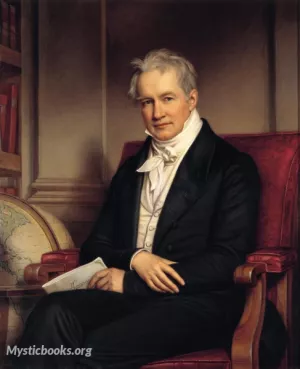
Alexander von Humboldt
Roman Empire
Alexander von Humboldt (14 September 1769 – 6 May 1859) was a German polymath, geographer, naturalist, explorer, and proponent of Romantic philosophy and science. He was the younger brother of Wilhelm...
Books by Alexander von HumboldtDownload eBooks
Listen/Download Audiobook
- Select Speed
Related books

With Sack and Stock in Alaska by George Broke
This is an exciting adventure book set in the captivating wilderness of Alaska. This classic piece of literature, takes readers on a thrilling journey...
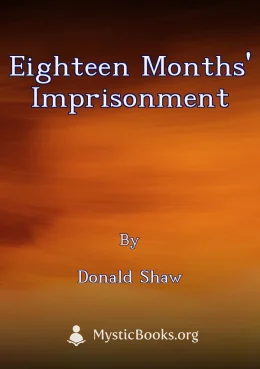
Eighteen Months' Imprisonment by Donald Shaw
Donald Shaw, a man of considerable experience and education, recounts his eighteen months spent in a London prison. 'Eighteen Months' Imprisonment' p...
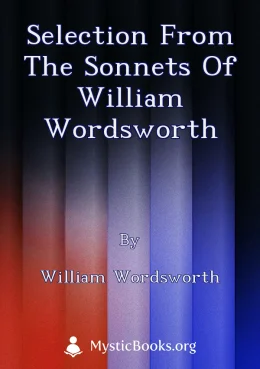
Selection from the Sonnets of William Wordsworth by William Wordsworth
This selection of William Wordsworth's sonnets showcases his deep appreciation for the natural world, his reflections on human relationships, and his...
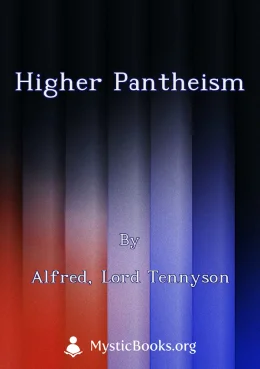
Higher Pantheism by Alfred, Lord Tennyson
Alfred, Lord Tennyson's "The Higher Pantheism" is a short poem that explores the nature of God and the relationship between humanity and the universe....

Fires of Driftwood by Isabel Ecclestone Mackay
Fires of Driftwood is a collection of poems by Canadian poet Isabel Ecclestone Mackay. Her poetry explores themes of nature, love, loss, and the passa...
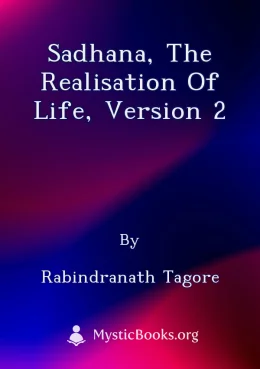
Sadhana, The Realisation of Life, version 2 by Rabindranath Tagore
Rabindranath Tagore's 'Sadhana' is a collection of essays exploring the Hindu and Buddhist perspectives on humanity's place in the universe. It delves...

Etiquette Made Easy by Edward Summers Squier
'Etiquette Made Easy' by Edward Summers Squier is a comprehensive guide to proper etiquette for all occasions. It offers detailed instructions and adv...
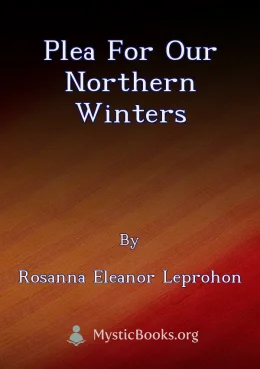
Plea For Our Northern Winters by Rosanna Eleanor Leprohon
Rosanna Eleanor Leprohon's "A Plea for Our Northern Winters" is a collection of poetry celebrating the beauty and significance of Canadian winters. Le...
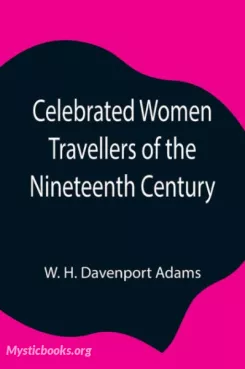
Celebrated Women Travellers of the Nineteenth Century by W. H. Davenport Adams
This captivating literary piece, delves into the inspiring journeys of notable female adventurers who defied societal norms and explored the world. W...
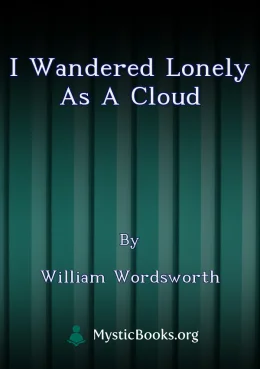
I Wandered Lonely as a Cloud by William Wordsworth
This was the weekly poetry project for 14 May 2006. Spring’s flowers come and go all too quickly, but Wordsworth’s classic poem reminds us that their...
Reviews for Cosmos: A Sketch of a Physical Description of The Universe: Introduction
No reviews posted or approved, yet...